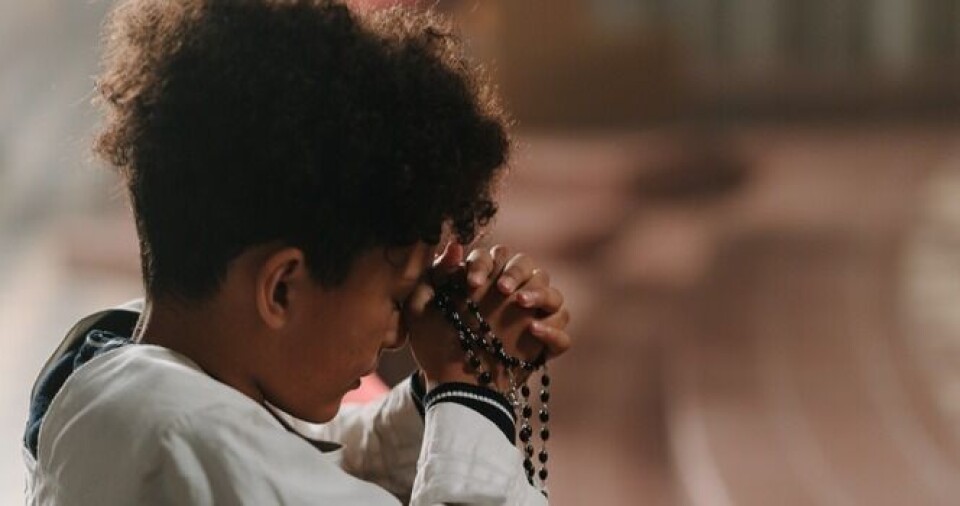Appellate judges Patrick Kiage, Joel Ngugi and Francis Tuiyot declared that forcing learners to attend school prayers is unconstitutional, but the decision has rattled learning institutions sponsored by religious organisations.
“Coercing learners to attend religious activities is against their right to freedom of worship. We declare that school rules and regulations that provide for mandatory prayers for all children at the school are indirectly discriminatory, unconstitutional, and invalid,” read the ruling.
The judges ruled that religion is a subjective matter of faith and belief that is not susceptible to rational justification, and that it would be absurd for a particular religious tenet to be subjected to the test of believability by those who do not believe in it.
The dispute started when nine pupils, through their guardians, sued a primary school for forcing them to attend mandatory Catholic mass every Friday.
The students protested that they are members of the Jehovah’s Witnesses church and do not prescribe to the Catholic faith, but the school insisted that all learners must adhere to the school rules for mandatory prayers.
At the High Court, Justice Fred Ochieng dismissed their petition and declared that all school learners must obey and adhere to school regulations, including the mandatory prayers, and that there was nothing wrong with a church-sponsored institution imposing the practice.
However, the Court of Appeal overruled the High Court by declaring that the judge erred by failing to find that forbiddance of interfaith activities is a genuinely held belief for Jehovah’s Witnesses, and does not permit the learners to attend the Catholic mass.
“The learners expressly stated that their faith as Jehovah’s Witnesses prohibited them from participating in interfaith activities. The school’s refusal to exempt them from the mandatory mass was akin to coercing them to abandon their faith and adopt a religion which was not of their choice,” ruled the judges.
They added that compelling students to participate in interfaith activities contrary to their belief was a violation of their fundamental right and freedom as envisaged in Article 32 of the Constitution which gives everyone a right to freedom of religion.
The judges stated that although they agree that Holy Mass is a very integral part of the life of a Catholic, one cannot, without violating the right to freedom of religion and worship, be compelled to attend it.
“Schools will not suffer any hardship by exempting learners who do not want to attend prayers. In compliance with the concept of reasonable accommodation, schools ought to adjust (their) rules to enable students to practise their respective religions while still complying with school rules and regulations,” the court declared.
The court further stated that it was wrong to expel students on the basis of their religious beliefs, and that the school’s expulsion of the affected students based on the fact that they were Jehovah’s Witnesses amounted to discrimination and a violation of their rights to education and dignity.
To join Africa Legal's mailing list please click here

